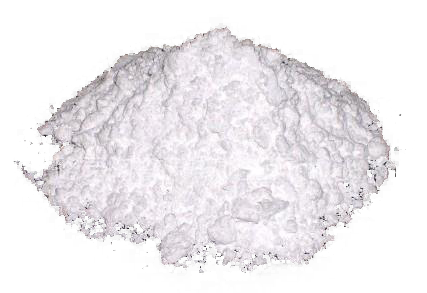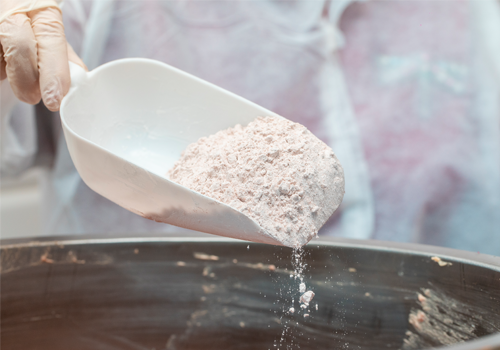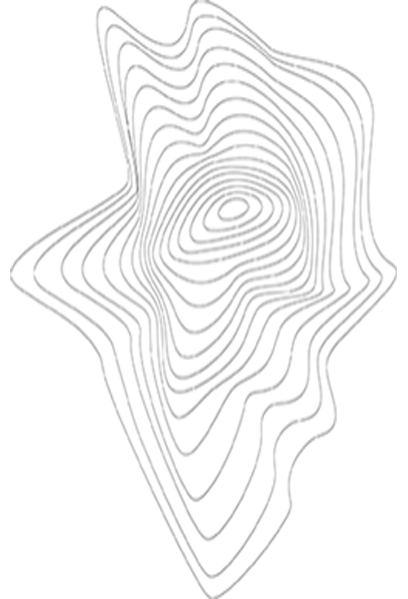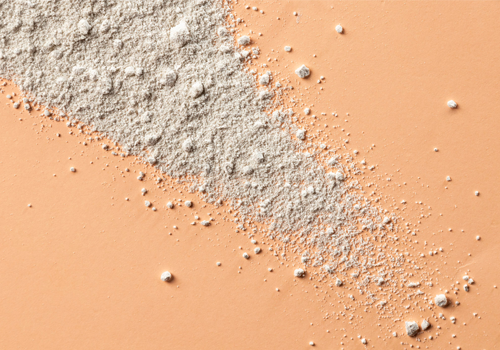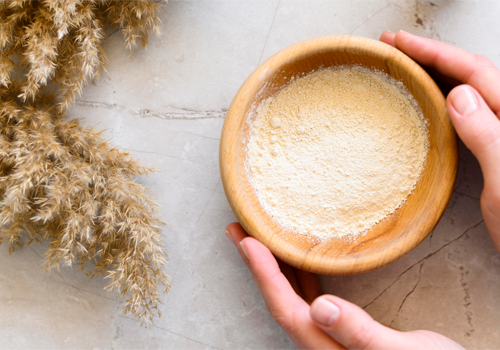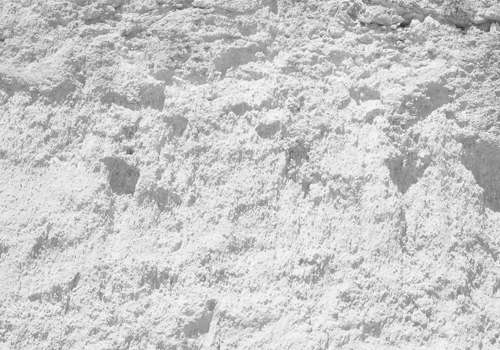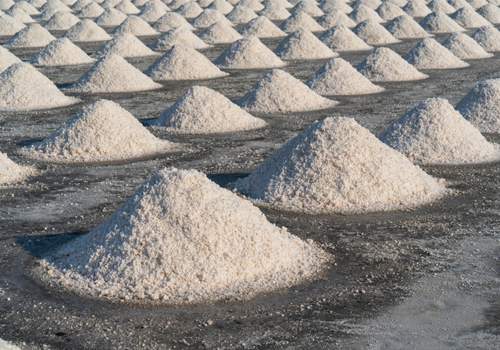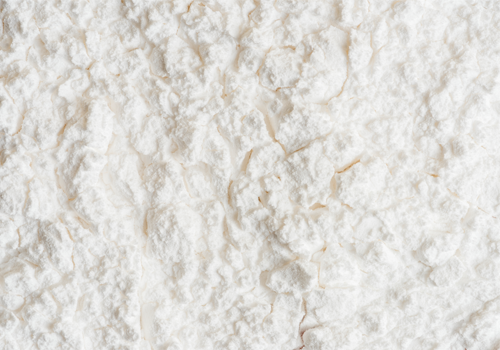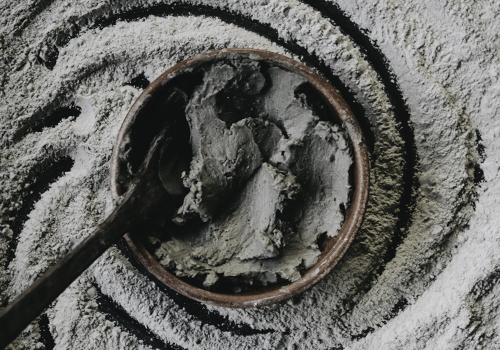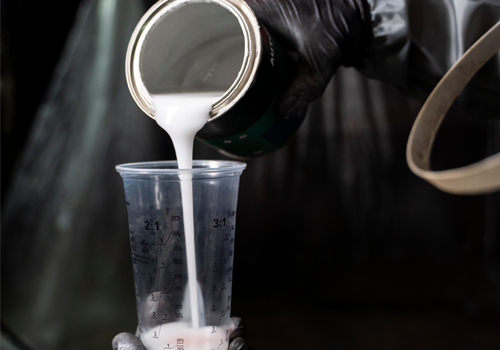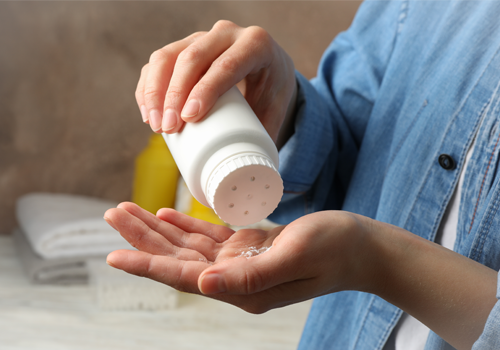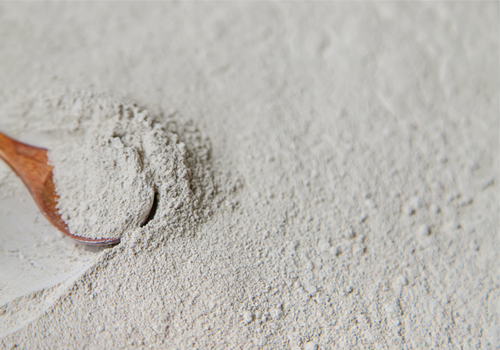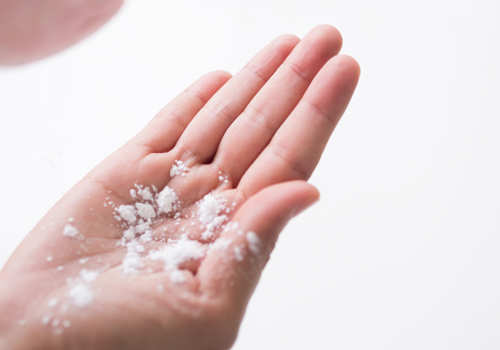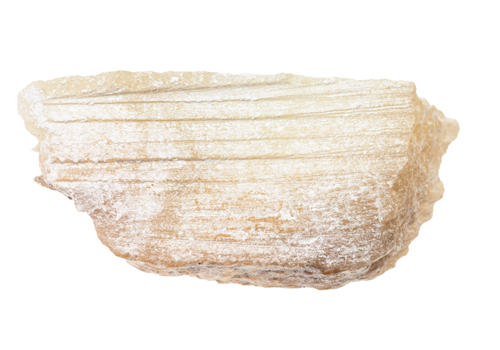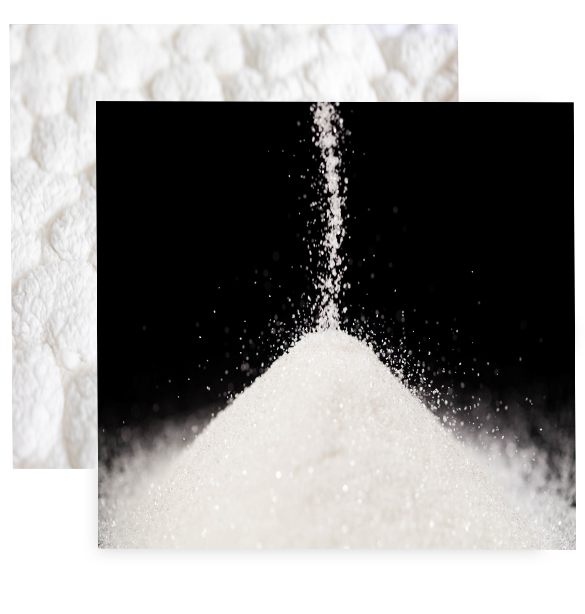
Pukka Industrial
As Pukka Industrial, we produce high quality talcum powder by carefully extracting and processing natural talc mineral. While providing excellent products to our customers, we also attach great importance to environmental and health standards.
Our production processes are overseen by rigorous quality control and fully comply with industry regulations. In this way, our products used in cosmetics, pharmaceuticals, food, industry and other sectors are designed to meet and exceed our customers' expectations.
Production Process
-
Mining
The first step is to extract the talc mineral from the mine. Talc is usually mined by open pit or underground mining. Talc ore found in mines is extracted in large pieces.
-
Crushing and Grinding
Since the mined ore has large pieces, it must be broken before grinding. After the crushing process, the ore is turned into fine powder using grinding machines.
-
Washing and Cleaning
The powder obtained as a result of grinding the talc mineral is washed. This process removes other minerals and impurities present in the ore. The cleaning process ensures that talc is obtained in a pure and purified form.
-
Classification and Separation
Washed and cleaned talcum powder is classified according to its size and quality. At this stage, talcum powder of different sizes and qualities can be produced.
-
Drying
Wet talcum powder is subjected to a drying process. Drying removes water and allows the powder to reach the desired moisture content.
-
Packaging and Storage
The resulting talcum powder is packaged using appropriate packaging materials. This process ensures hygienic storage and transport of the powder. Products are usually packaged in powder forms and maintained under appropriate storage conditions.
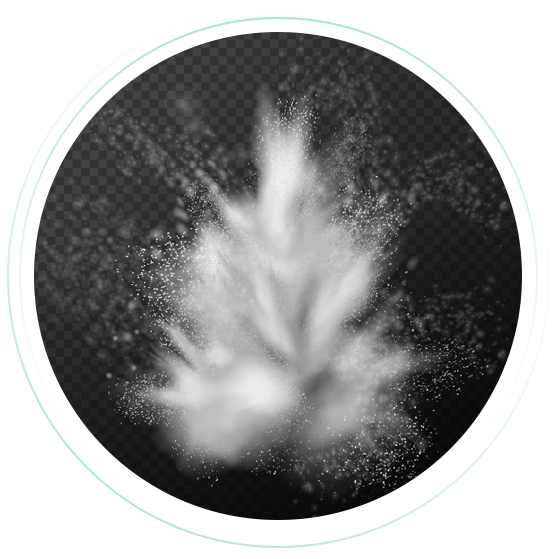

Check out the frequently asked questions for everything you wonder.
Talcum powder is a type of powder made from a natural mineral called talc mineral. Talc mineral consists of magnesium, silicon and oxygen elements and is usually white or slightly gray in color. Talcum powder is widely used in skin care and makeup applications.
Control Oil and Shine, Mattify Skin, Increase the Longevity of Makeup, Conceal Skin Imperfections, Prevent Hairiness
Talcum powder is a fine powder obtained by grinding magnesium silicate minerals, commonly known as "talc". Its ingredients are generally quite simple, with the main ingredient being the magnesium silicate mineral.
Natural Content: Mineral talcum powders usually contain natural minerals, so they are free from chemical additives.
Lightness and Matte Appearance on the Skin: It gives a light feeling to the skin, reduces excess shine and provides a matte appearance. In addition, it generally has a structure that does not irritate the skin.
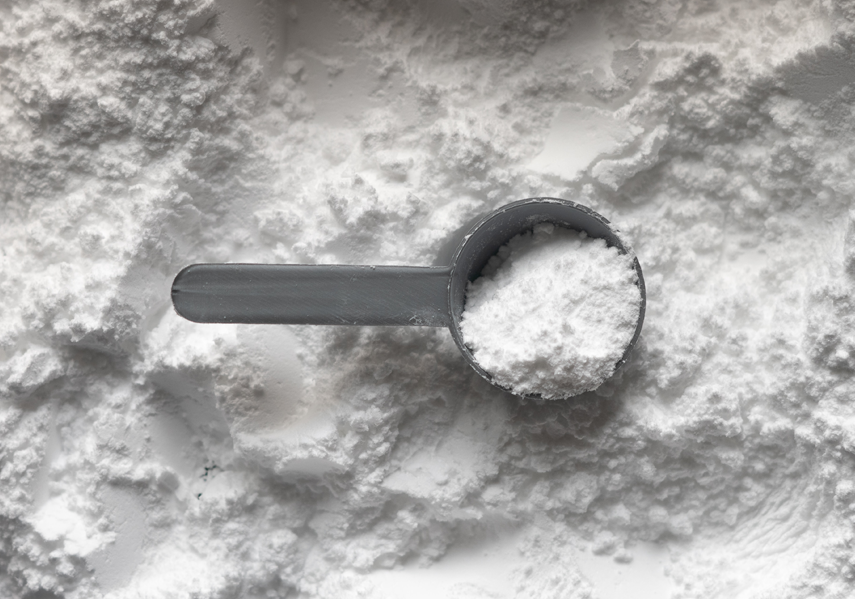
Miner Rubber Industry refers to a branch of industry that produces industrial rubber products, also commonly known as "Mineral Rubber". Rubber is an elastomer material derived from natural or synthetic sources and is used for many industrial applications. Mineral rubber products are produced by processing and shaping this special type of rubber.
Mineral pesticide production refers to the production process of chemical substances developed to use metals or minerals effectively against harmful organisms. These types of pesticides are used to control harmful pests, especially in the agricultural sector, storage areas and industrial facilities.
Madde Paper Industry is a branch of industry that produces paper and cardboard products using fiber materials obtained from natural fibers or recycling processes. This branch of industry involves the production of various products, these products include newspapers, magazines, packaging materials, notebooks, cardboards, kraft papers, toilet papers and many other types of paper.
Mineral Cosmetics: "Mineral Cosmetics," also often called "mineral cosmetics," is a category of cosmetic products that use natural minerals and sometimes organic substances. It may include mineral makeup, skin care products, and beauty products. Minerals commonly used in such products may include zinc oxide, titanium dioxide, iron oxides, mica, quartz and other natural minerals. Most mineral cosmetics do not contain chemical additives and artificial colorants, so they are considered natural and skin-friendly.
Material Composition: Mineral asphalt filling material consists of a mixture of various substances. Basic ingredients include asphalt, sand, gravel, cement, and sometimes polymers. These ingredients are combined to increase the durability, adhesion and waterproofness of the material.
Item Animal Feed Production:
Article animal feed production refers to the process of providing a balanced nutrition program that animals need to grow healthy and produce milk and meat. This process includes the following main steps:
Mineral ceramic industry is a branch of industry in which ceramic products are produced using raw materials obtained from mines and natural resources. Ceramics are used in the production of hard, durable and generally decorative products obtained by processing and firing various inorganic materials at high temperatures. The mineral ceramic industry includes the production and marketing of these ceramic products.
Madencilik ve maden endüstrisi, doğal kaynakları çıkararak ve işleyerek farklı endüstrilerin ihtiyaçlarını karşılamak için önemli bir sektördür. Madeni boya sanayi, bu sektörün bir parçasıdır ve madenlerden elde edilen hammaddeleri kullanarak boya ve kaplama malzemeleri üretir. Bu malzemeler, genellikle yapı malzemeleri, otomotiv endüstrisi, mobilya, gemi yapımı, metal endüstrisi gibi birçok farklı sektörde kullanılır.
Matter Metal roofing is a type of roofing material used in the construction industry. It is the name given to the process of covering roofs, generally using metal sheets or panels. Metallic roofing offers many advantages and has therefore become a common choice. Here are the main features and advantages of mineral roofing:
Blog.
Check out our latest news and blogs.



